How to file an amended return? This question can be a headache. However, we have compiled a step-by-step guide on correcting an already filed income tax return in Kenya! We understand that filing tax returns can be challenging, and mistakes can happen. Fortunately, the Kenya Revenue Authority (KRA) allows corrections to be made if you have made a mistake on your income tax return form. This guide will help you navigate the remediation process, ensuring you’re back on track with accurate information and as stress-free as possible.
The Importance of Correcting Your Income Tax Return
Have you ever made a blunder on your income tax return in Kenya? It’s critical to correct such snags as swiftly as possible. But how do you do this, and why is it so important? Let’s dig in:
When you submit an income tax return with errors, it might not appear to be a major issue at first glance. You might think, “Oh, I’ll just let it slide. It’s not a big deal.” However, my friend, that’s not the case. It’s more than just the Kenya Revenue Authority (KRA) getting their sum wrong; incorrect income tax returns can have serious implications. They can lead to penalties, interests on underpaid taxes, legal issues, and even derail financial planning.
By correcting your income tax return, you’re complying with the tax law and ensuring you’re paying the right amount of tax. The process is quite straightforward, and KRA has mechanisms that allow taxpayers to amend their returns in case of inaccuracies. So yes, it’s not just a good practice—it’s a necessity!
Remember: Mistakes are human. They happen, but what matters the most is how you address them. The same applies to your income tax returns. Don’t let a simple error snowball into bigger troubles.
Next, let’s delve into the common mistakes to watch out for and the more severe consequences of incorrect tax information.
Common Mistakes to Watch Out for When Filing Taxes
Understandably, tax season may be overwhelming. With all the various forms, schedules, and regulations, one can make errors in their tax returns. To help you avoid these, here are some common mistakes people make when filing their income tax return in Kenya:
- Incorrect or missing personal information: It sounds basic, but it is essential to ensure your details are correct. That includes your full name, mailing address, and especially your P.I.N. Mistakes here can cause confusion or delays in processing your return.
- Math errors: Be vigilant about every calculation on your return. Remember, one arithmetic error can have a ripple effect, leading to more mistakes. Always double-check your calculations or seek help if you need clarification.
- Choosing the wrong filing status: Your filing status can greatly impact your tax situation. Ensure you understand the distinctions between each status to select the most beneficial one.
- Forgetting to declare all income: All incomes – salaries, dividends, freelance pay, or rental income from multiple sources – must be reported. Even ignoring one can lead to penalties and interest.
- Claiming ineligible deductions or credits: Not all expenses are tax-deductible, and not all tax credits apply to everyone. Understand the type of deductions or credits you’re entitled to before claiming them on your return.
In sum, filing your tax return requires diligence and attention to detail. Mistakes may seem easy, but they’re avoidable with the right information and understanding. Next, we look at the consequences of making such mistakes on your income tax return.
Consequences of Incorrect Information
Let’s explore why checking your information for corrections is crucial. Providing inaccurate details on your tax returns might seem like a minor oversight. Still, it can have some fairly significant implications.
Firstly, your tax return could be flagged for an audit. Audits result from something you did wrong, but incorrect details can enhance your possibility of being selected.
Secondly, misreported income or deductions may result in incorrect calculations of your tax liabilities, leading to paying either too much or too little in taxes. Either outcome is undesirable – the former means you’re unnecessarily giving your hard-earned money away. At the same time, the latter could result in penalties and interest from the Kenya Revenue Authority (KRA).
A more serious consequence could be suspicions of tax evasion. Though errors are typically considered honest mistakes, continuously incorrect returns or major discrepancies could be regarded as deliberate evasion, which constitutes a crime according to Kenyan law.
What Penalties are Charged on Tax Offences?
Tax offences can attract punitive penalties and interest. These include:
| Offence | Penalty |
| Late filing of Pay-as-you-earn (PAYE) | An amount equivalent to 25% of the outstanding tax liability or a fixed sum of Kshs. 10,000, |
| Late payment of PAYE tax | 5% of the tax due and an interest of 1% per month |
| Failure to deduct Withholding VAT and Withholding Rental Income Tax | 10% of the amount of the tax involved |
| Late payment of Withholding Tax (Withholding Income Tax, Withholding VAT, Withholding Rental Income Tax) | 5% of the tax due |
| Late filing of MRI Returns | 5% of the tax due or Kshs. 2,000 that is higher for Individuals or 5% of the tax due or Kshs. 20,000 whichever is higher for Non-Individuals |
| Late payment of MRI | 5% of the tax due and an interest of 1% per month |
| Late payment of Stamp Duty. | 5% of the duty payable |
| Late filing of the Excise Duty return | 5% of the tax due or Kshs. 10,000, which is higher |
| Late payment of Excise Duty Tax | 5% of the tax due and an interest of 1% per month |
| Late filing of the VAT Return | 5% of the tax due or Kshs. 10,000 that is higher, |
| Late payment of the VAT tax | 5% of the tax due or Kshs. 2,000 that is higher for Individuals or 5% of the tax due or Kshs. 20,000, whichever is higher for Non-Individuals |
| Late filing of Income tax company or partnership returns | 5% of the tax due or Kshs. 20,000, whichever is higher |
| Late payment of Income tax for Non-Individuals | 5% of the tax due and an interest of 1% per month |
| Late payment of Income tax for Non-Individuals | 5% of the tax due and an interest of 1% per month |
| KRA PIN-related offences. | Ksh. 2,000 per offence. |
Gathering the Necessary Documents and Information
It’s now time to ready your documentation. Don’t worry. It’s more manageable than it seems. Indeed, organising your records will make the process far less taxing. Let’s jump right in!
Income, Deductions, and Credits
BEGIN with your income documents. This could be your P9 form, which details your employment income, benefits, and pay-as-you-earn (PAYE) tax deductions. If you have multiple sources of income, gather information for all of them. That might include rental income, business profits, or consultation fees. Remember, you must declare all your earnings to avoid being penalised.
NEXT, note your deductions and credits. These can significantly reduce your tax liability. In Kenya, this would include retirement contributions, insurance premiums, and mortgage interests. Be sure to have all necessary payment receipts or financial statements for these expenses.
Bank Statements
You’ll also require bank statements. They serve as proof of income and transactions made during the year. Be sure to have these organised and clearly understood before proceeding.
Previous Tax Returns
Lastly, secure a copy of your previous year’s tax return. This document can guide you while filling out the new return by jogging your memory about certain entries, deductions, or credits.
Note: The key to a successful tax correction lies in diligent preparation. It might seem like a lot, but organised documentation will save you from frantic last-minute searches or missing out on legitimate deductions.
Obtaining the Correct Forms
Now that you’ve gathered your revised tax-related documents, it’s time to get familiar with the correction forms. You must download and complete the I.T.1 for Individuals return form in Kenya. This form, provided by the Kenya Revenue Authority (KRA), is specifically used to correct the details of your income tax returns.
Here are the steps to obtain and complete the correct forms and schedules:
- Visit the Kenya Revenue Authority (KRA) website.
- Log in to your iTax account. If you don’t have one yet, you’ll need to register for one.
- Once logged in, select the ” File Returns” option in the main menu and select “File Returns.”
- Select “Return Overdue” if your return is overdue. If you want to amend your return, choose the “Return Amendment” option.
- Download the relevant form from the Downloads section in your account.
- Fill out the necessary schedules that pertain to your tax situation. Be sure to cross-check with your revised documents and correct any errors.
- Save and submit the completed form by uploading it to your iTax account.
The Deadline to Correct Your Income Tax Return
The deadline to correct your income tax return in Kenya depends on the correction you need. If you made a mistake in your return and need to update it, you have until 31st December of the year following the tax year. For example, if you made an error in your 2020 income tax return, you have until 31st December 2021 to correct it.
However, the deadline may vary if you need to correct it due to an audit or investigation by the Kenya Revenue Authority (KRA). In such cases, the KRA will provide you with a specific deadline by which you must correct your return. Complying with the given deadline is important to avoid penalties or legal consequences.
Keep in mind that it is always advisable to correct any errors in your income tax return as soon as you become aware of them. Delaying the correction can lead to complications and potential penalties. Reviewing your return carefully before filing is recommended to minimise the chances of errors and ensure accuracy.
Lastly, completing and submitting the form correctly is essential to avoid further complications with your tax returns. If you need help understanding how to fill it out, don’t hesitate to consult with a tax professional or contact the revenue authority for guidance. Good fortune in your undertaking!
Get informed on how to do more with your money.




